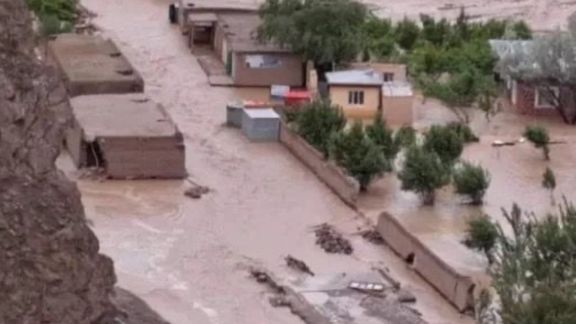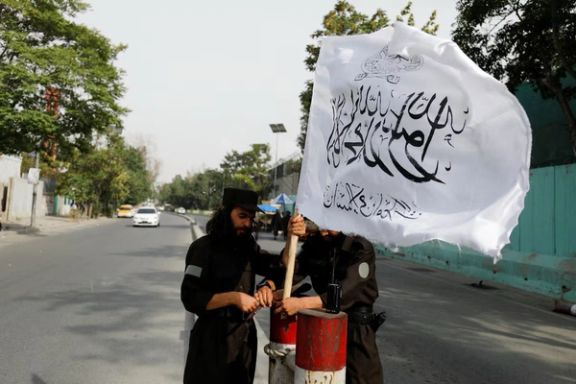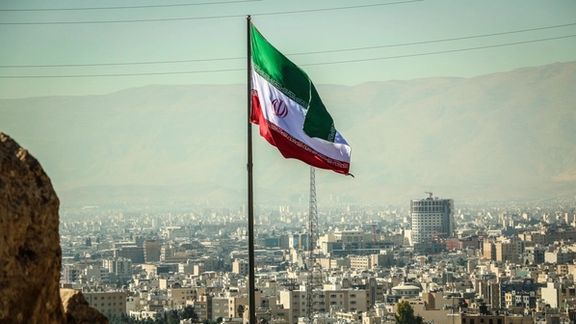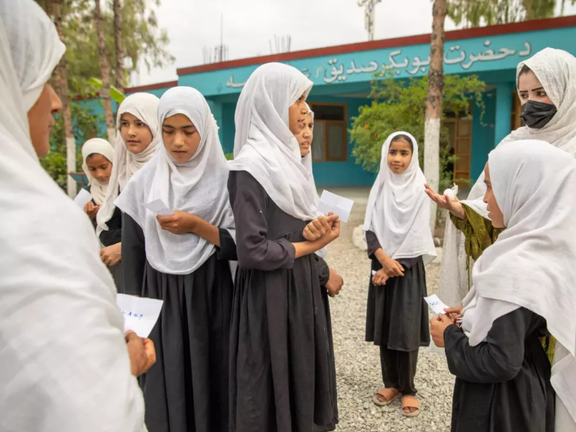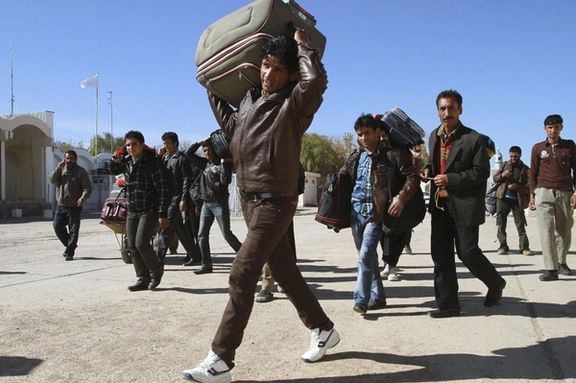Speaking at the Shangri-La Dialogue in Singapore, Hegseth who served as a soldier in both countries, criticised Washington’s approach to the conflicts, which he described as “endless wars,” regime changes and misguided nation-building efforts.
“These costly deviations were not tied to the core and vital interests of the United States,” Hegseth said.
He argued that the wars diverted American focus from the Indo-Pacific, a region he called essential to the country’s future and prosperity.
“For an entire generation, we ignored the Indo-Pacific,” Hegseth said. “President Trump is changing that. We are not making the same mistakes.”
He added: “We’re focused on delivering for the American people, on safeguarding their security, on protecting their economic interests, and on using common sense to preserve peace in the Indo-Pacific.”
The Indo-Pacific region encompasses the Indian Ocean, the western and central Pacific, the seas connecting them, and surrounding lands.
Hegseth also described the US withdrawal from Afghanistan as “humiliating,” placing blame on the Biden administration, which he said had projected an image of a “weak and feckless” America to the world.
He cited several developments including the arrival of “21 million illegal” immigrants across the southern US border, Russia’s invasion of Ukraine, Hamas’s 7 October attack on Israel, an emboldened Iran, and the flight of a Chinese spy balloon over US airspace as consequences of what he called failures by the previous democratic administration.
